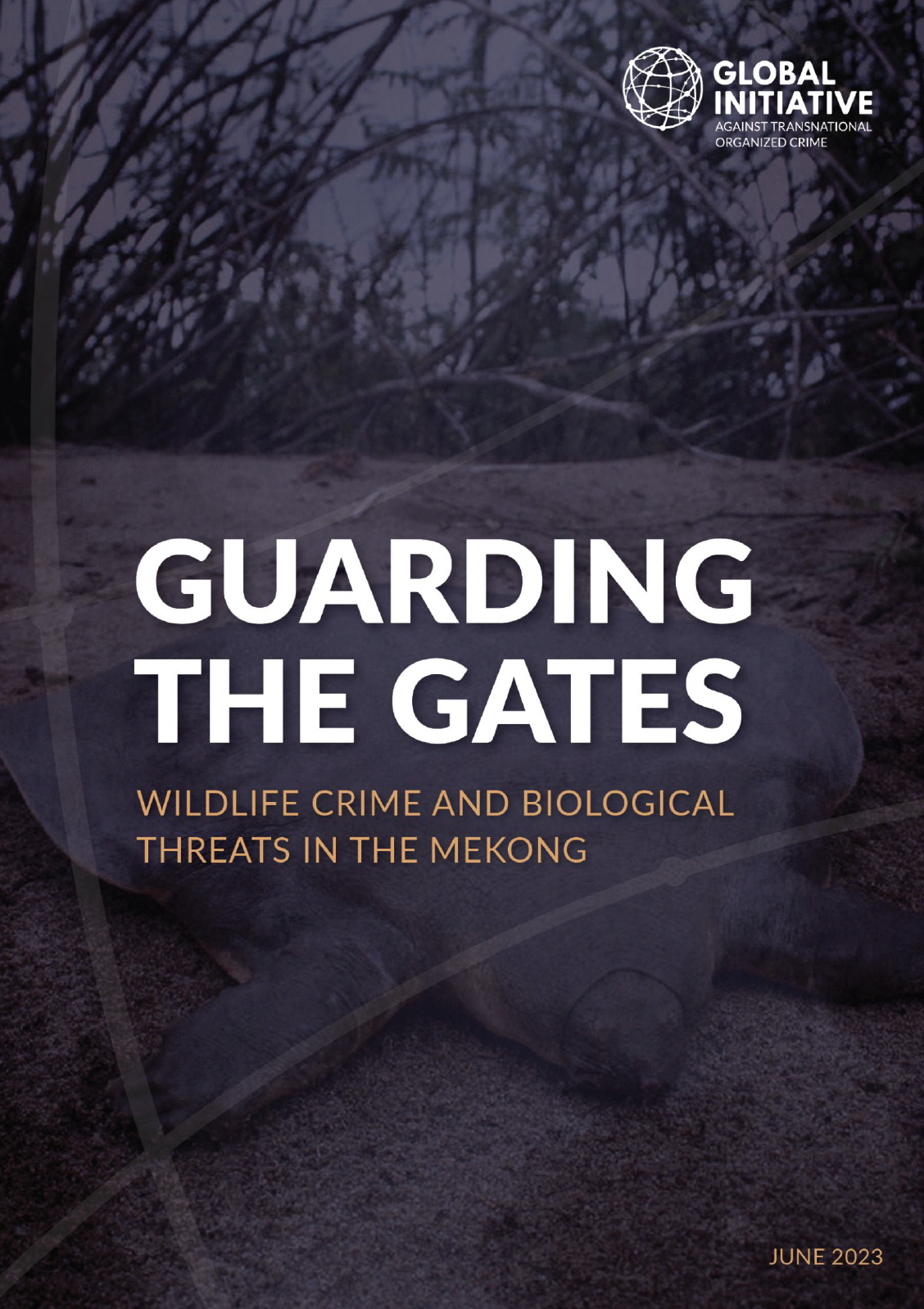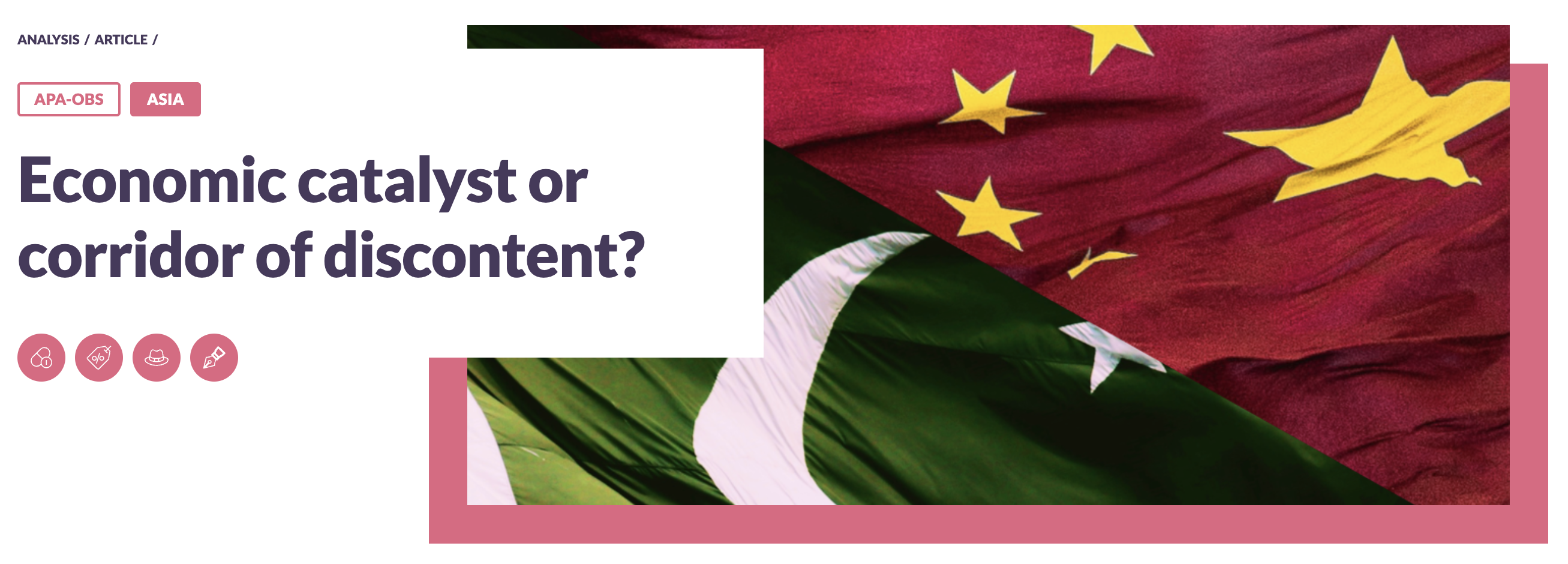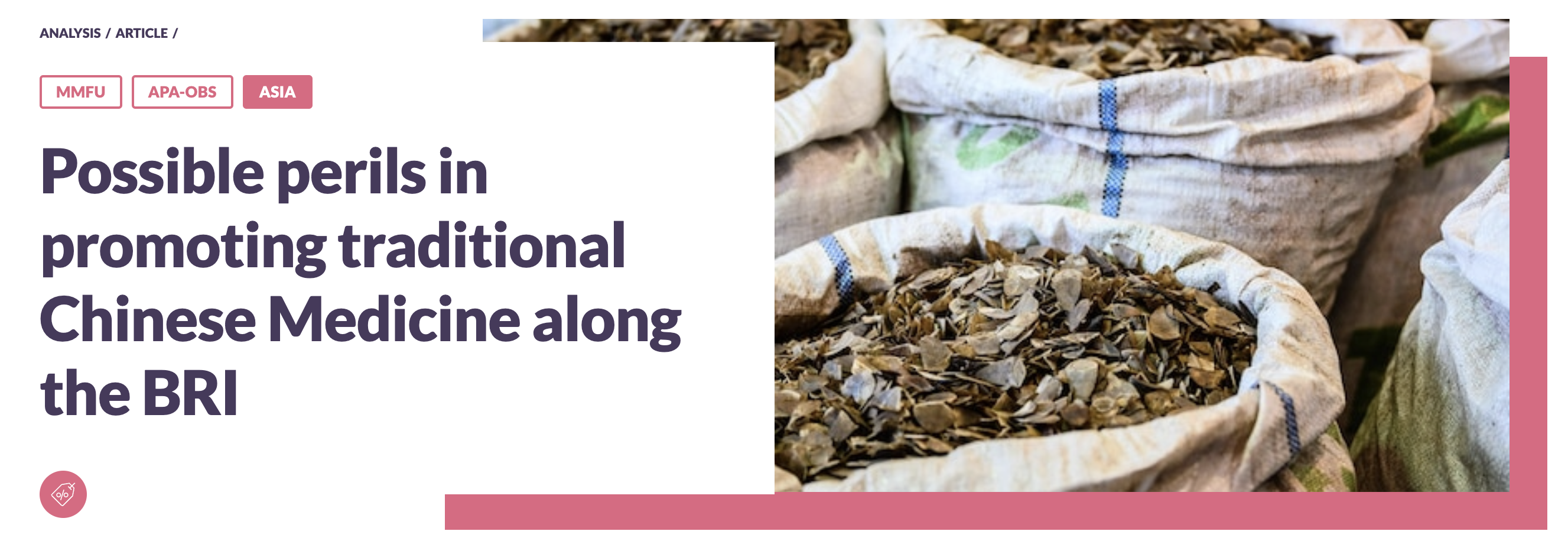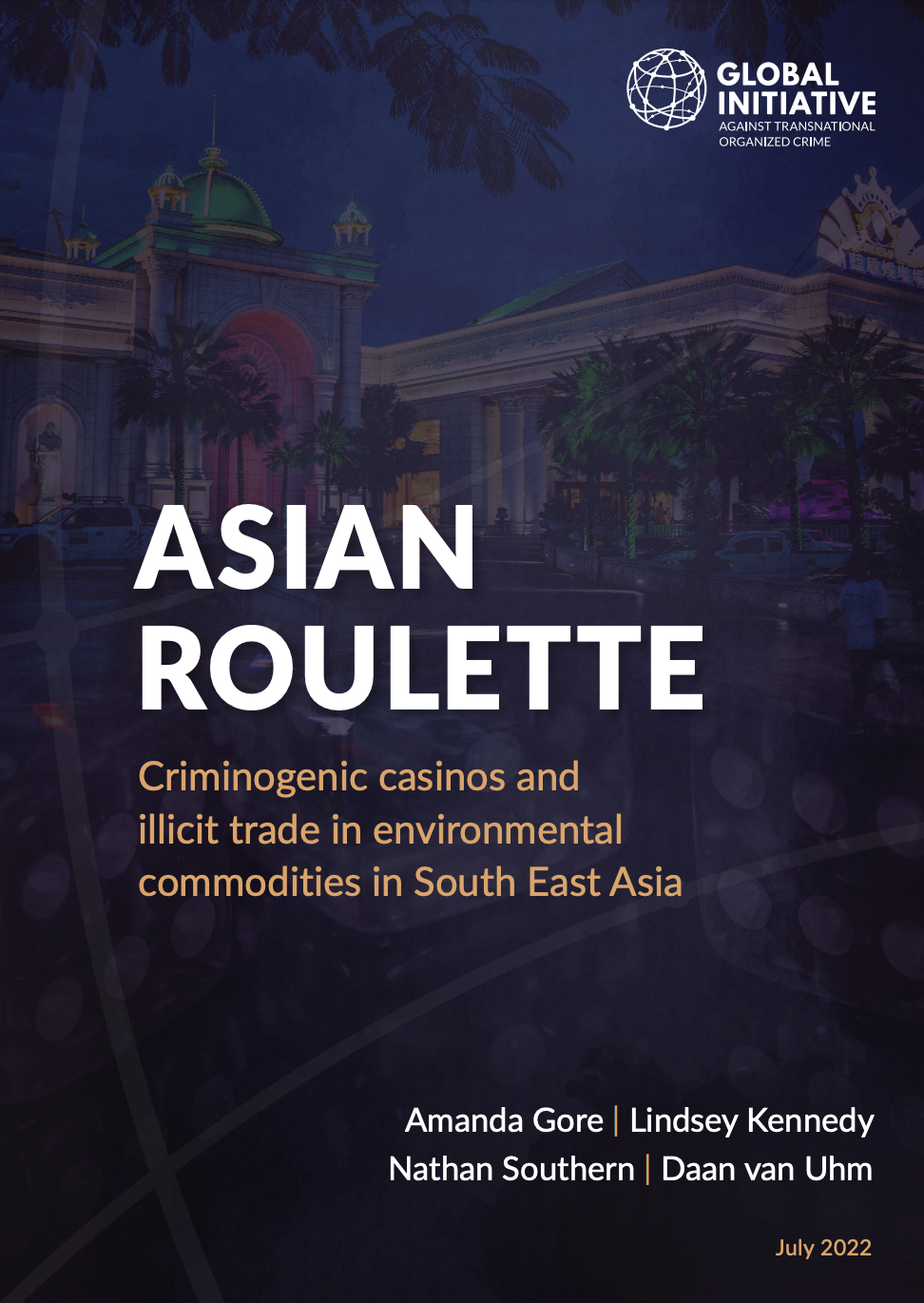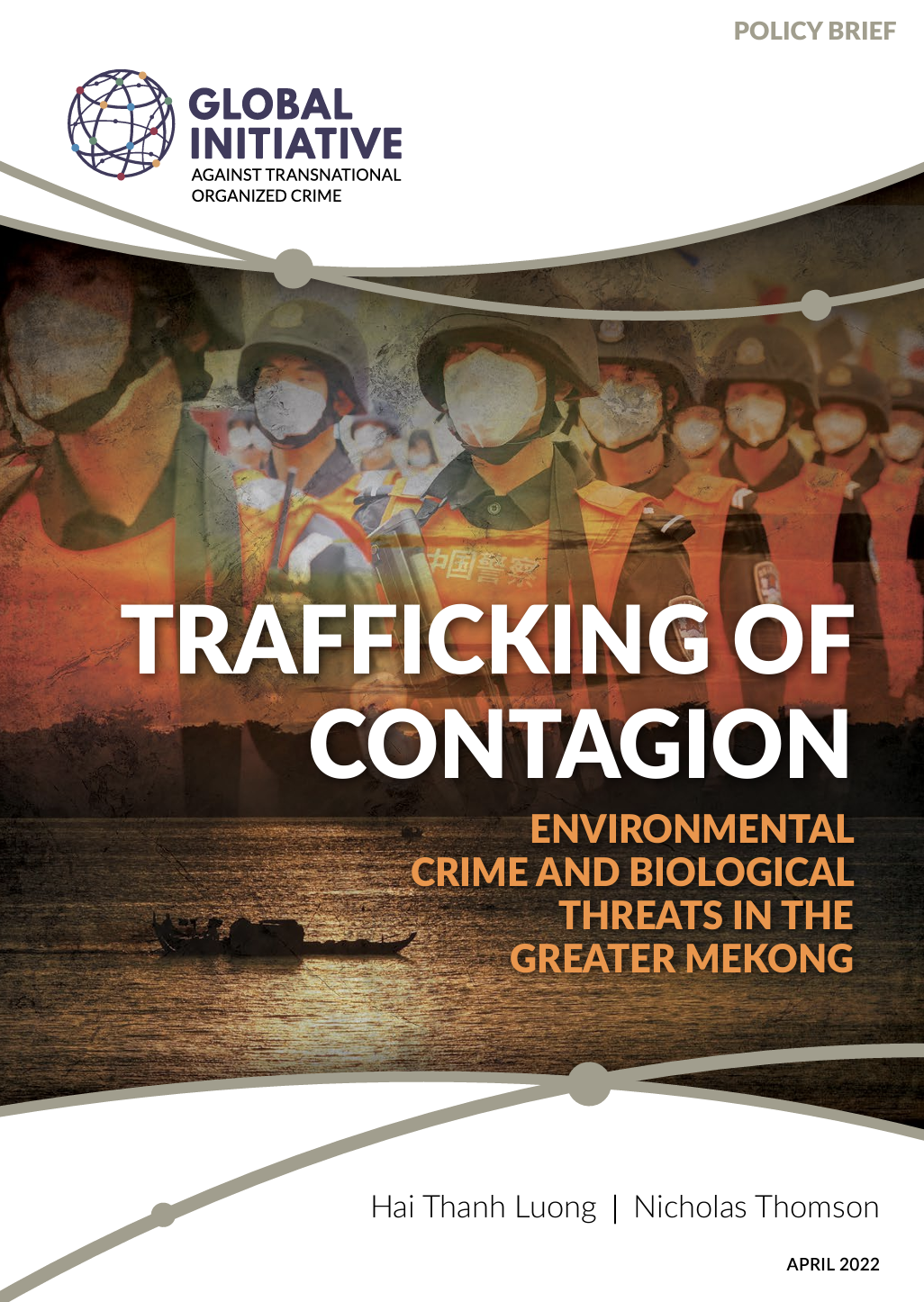Briefing series:
Organized crime in the Mekong
Current dynamics of organized crime and innovative ways to strengthen resilience

From July 2021 to June 2023, the Mekong Australia Partnership on Transnational Crime and the Global Initiative Against Transnational Organized Crime (GI-TOC) organized an expert briefing series to enhance debate and collaboration on issues related to organized crime in the Mekong.
The outcome of the two-year briefing series was the creation of opportunities for discussion, collaboration and learning. It brought together a committed set of stakeholders working at the local, regional and international levels to reduce the harms of organized crime and helped build new partnerships while strengthening existing ones. The series enhanced the knowledge base on organized crime in the Mekong and helped bridge the gap between research and policy.
With the support of a dynamic set of stakeholders, the series explored some of the region’s most pertinent and pressing issues and their intersections globally.
Please scroll down to see more information. You can also download the journal compendium of the briefs prepared before each session here (available in English only).
This project is supported by the Mekong Australia Partnership on Transnational Crime (MAP-TNC).
Please note that the briefs do not necessarily reflect the views of the Australian Government.

1. China’s Belt and Road Initiative: A superhighway for illicit trade?
The briefing series started with a discussion on China’s Belt and Road Initiative (BRI), and its infrastructure’s vulnerability to criminal exploitation in South East Asia. The session looked at the role of special economic zones as enablers of criminality, and explored how increased overland and maritime connectivity, larger volumes of trade and financial flows facilitate the trade in illicit narcotics, people and environmental commodities.
Date: 29 July 2021
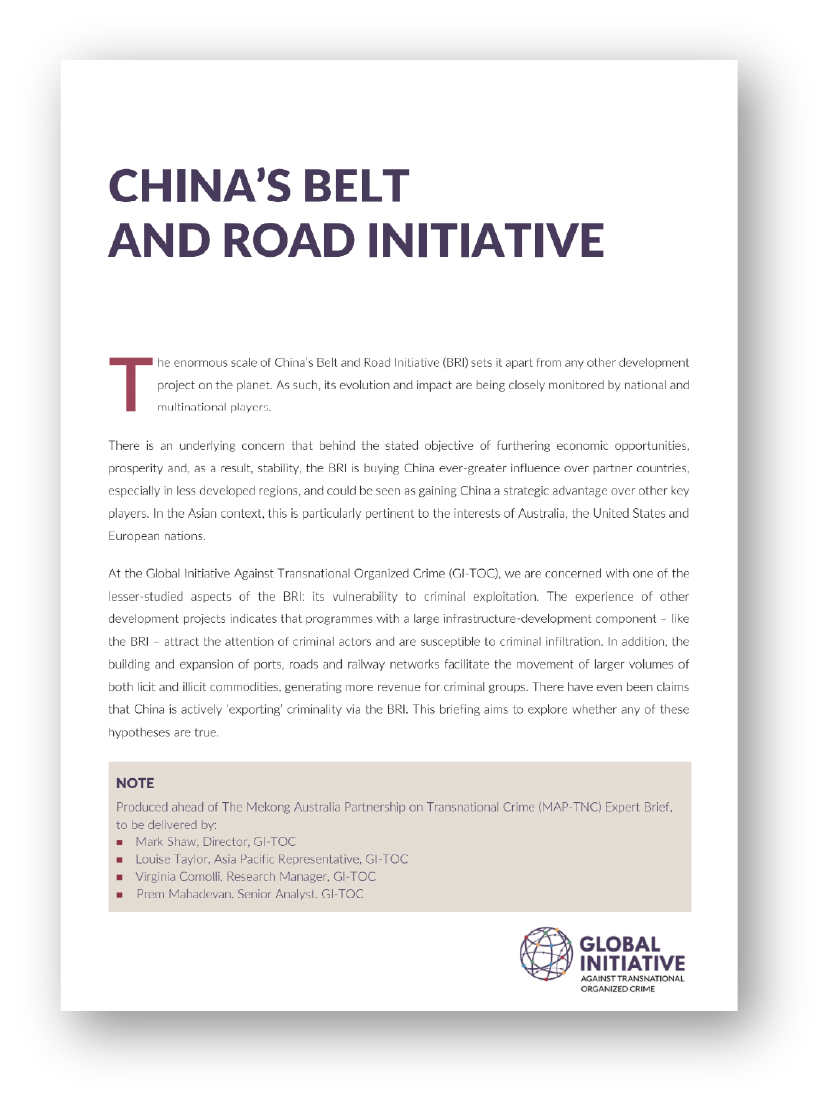
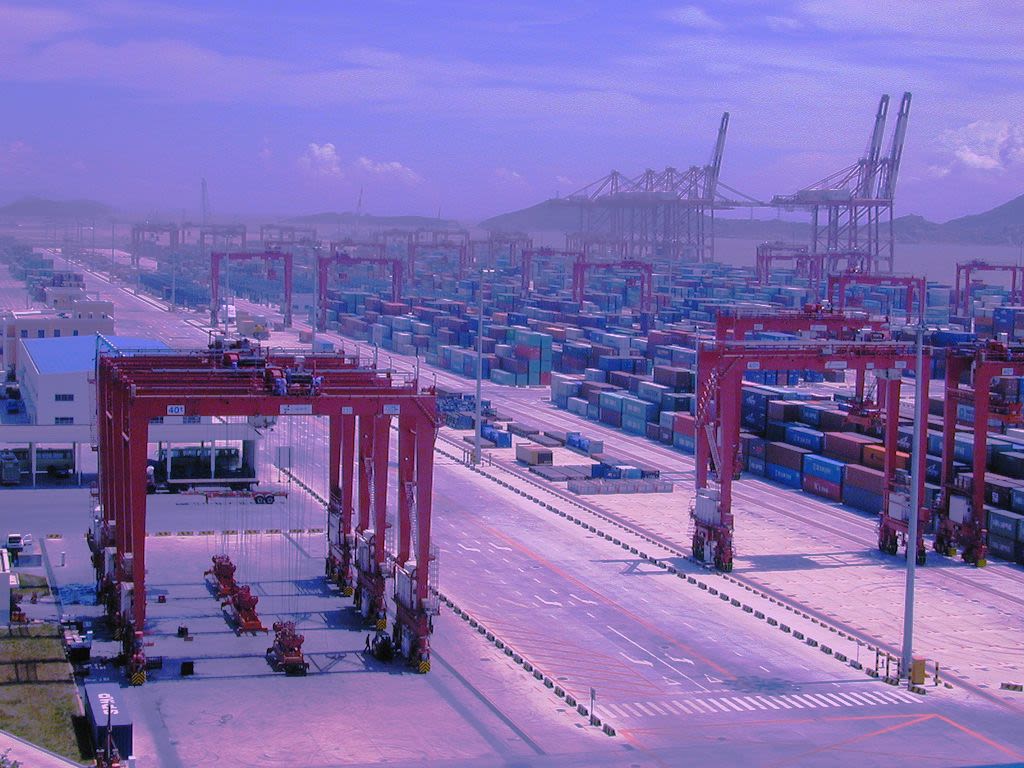
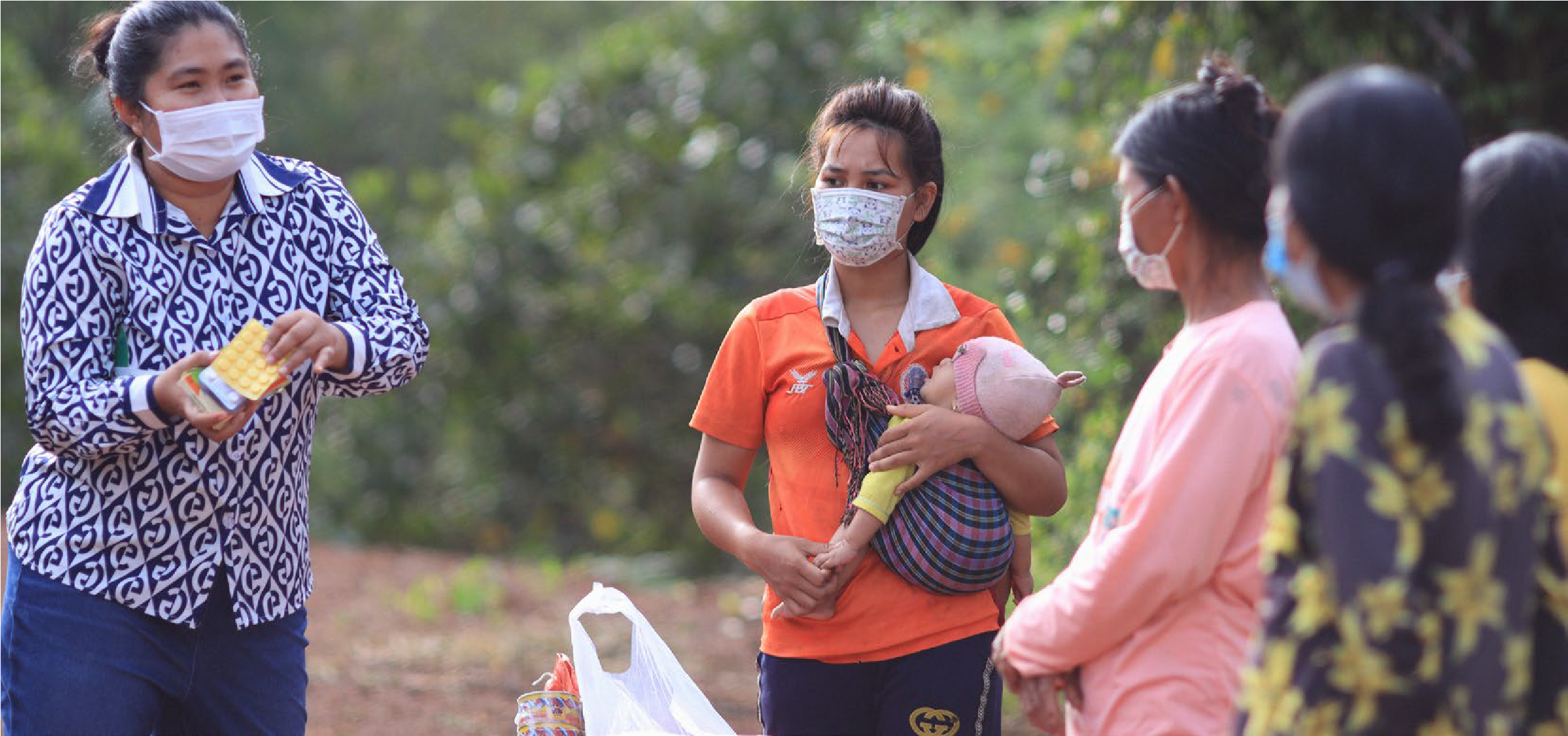
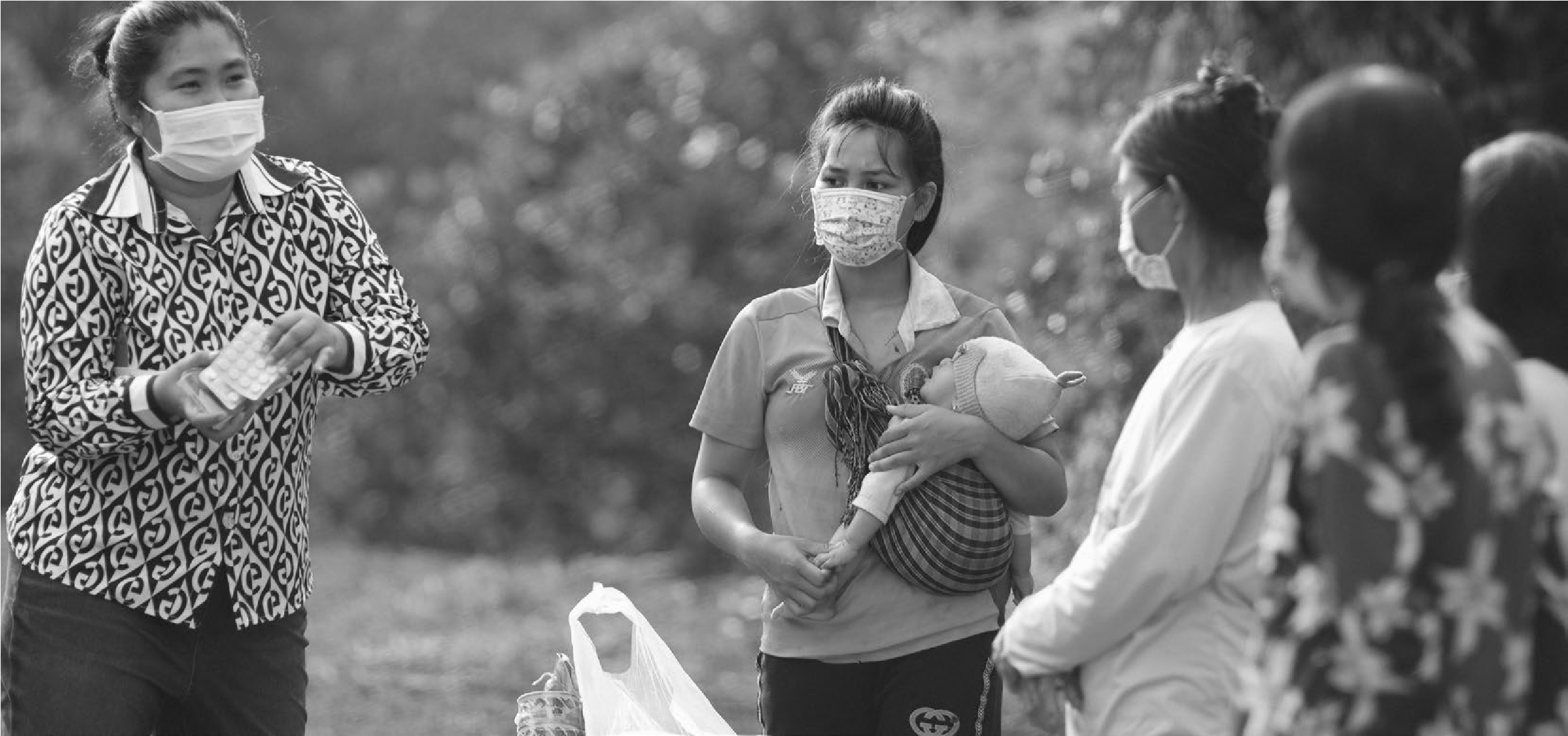
2. The role of gender in building resilience to organized crime: Countering invisibility
This briefing explored the role of gender in building resilience to organized crime and provided insights into the informal rules that shape women’s roles in response approaches. The discussion underlined the need to understand the factors and institutions that have shaped these dynamics to encourage and enhance the support provided to community organizations.
Date: 28 September 2021
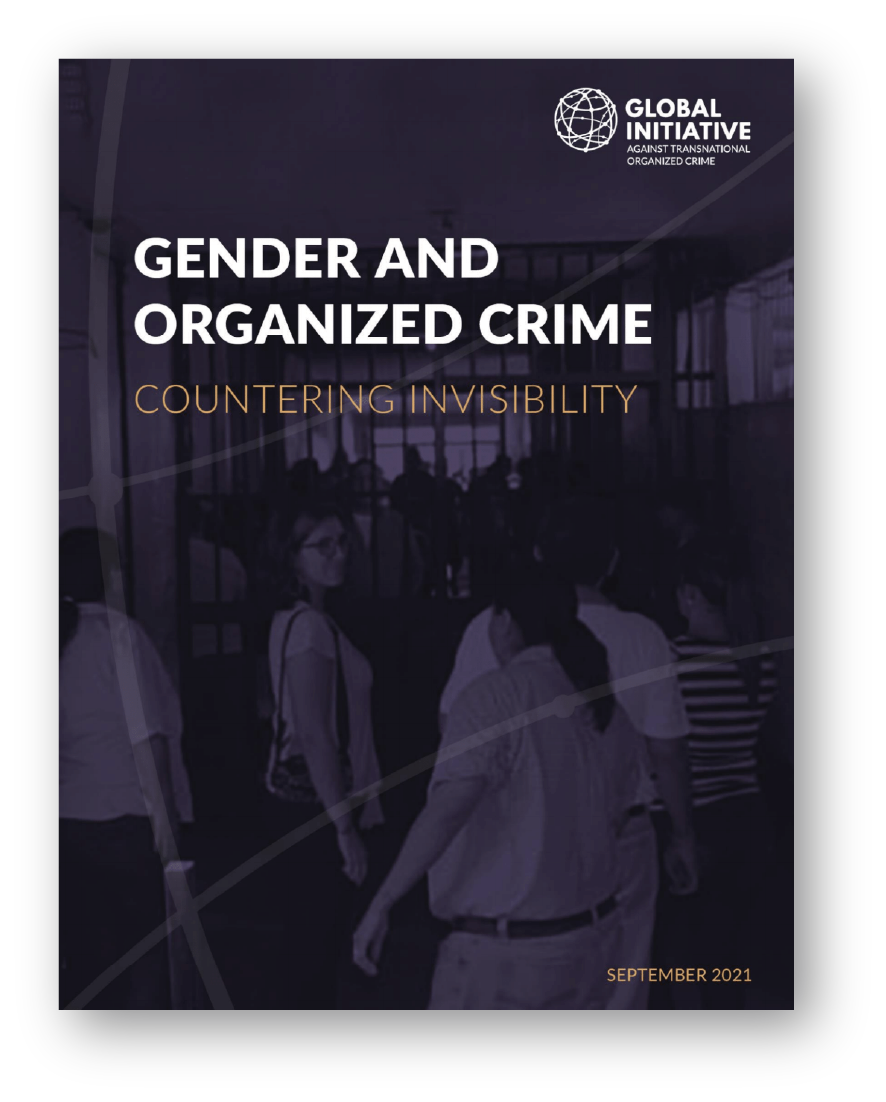
Related publications:
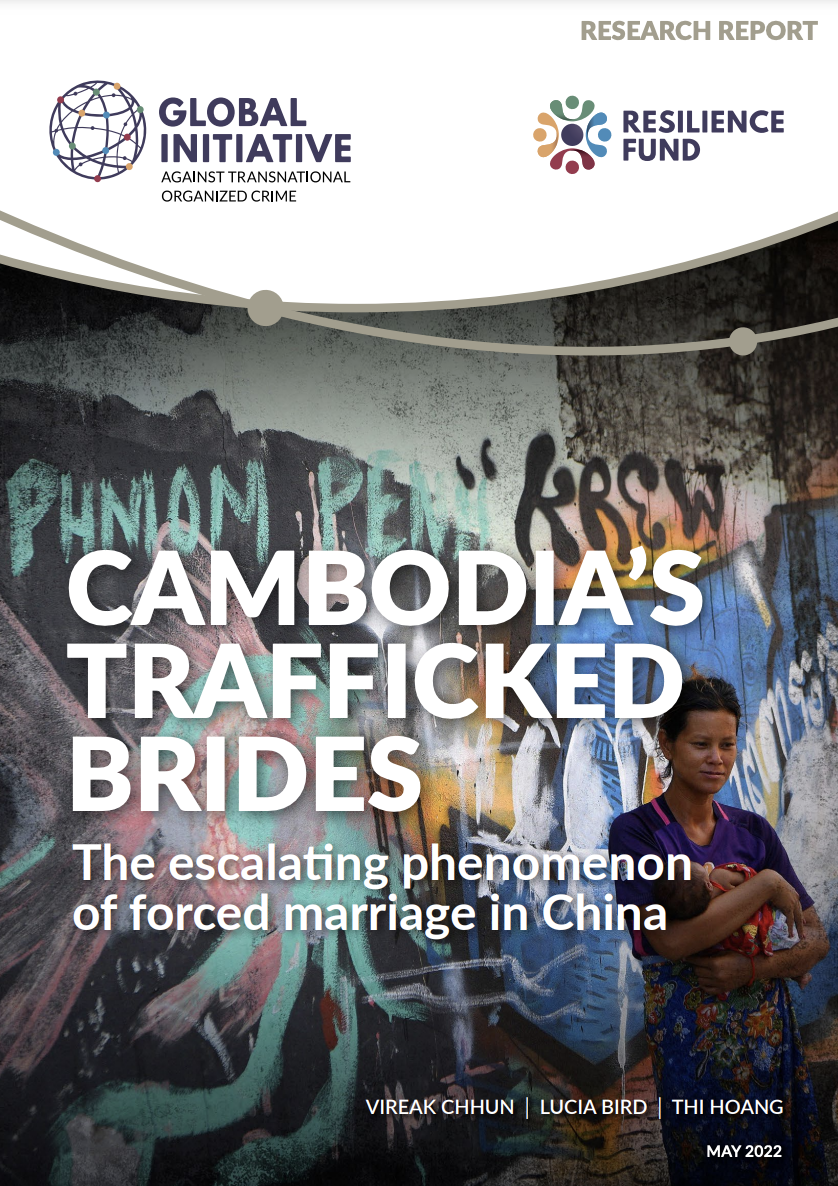
The GI-TOC supports community responses to organized crime around the world through its Resilience Fund. The Fund identifies and empowers key civil society actors, and builds their operational capacity with the aim of creating resilience networks in communities impacted by organized crime and violence. To learn more about the Resilience Fund and the actors supported in South East Asia, visit:


3. Casinos in the Mekong and the wider region: Conduits for criminality?
There has been an extraordinary increase in the number of casinos in the Mekong since 2014. The activities of these establishments are often linked to criminality, such as money laundering, illegal trade in wildlife, human and drug trafficking, and child sexual abuse. This briefing focused on the role of casinos in the region, some of which are based within special economic zones.
Date: 1 December 2021
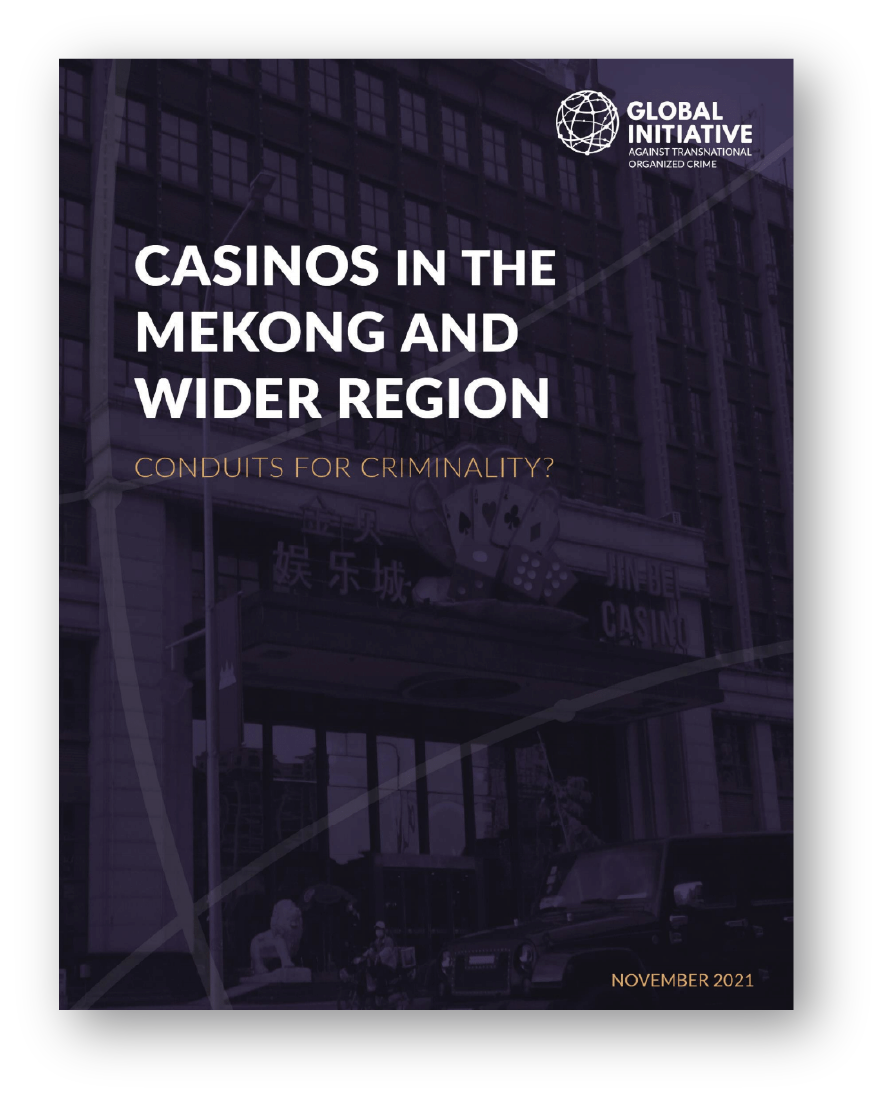
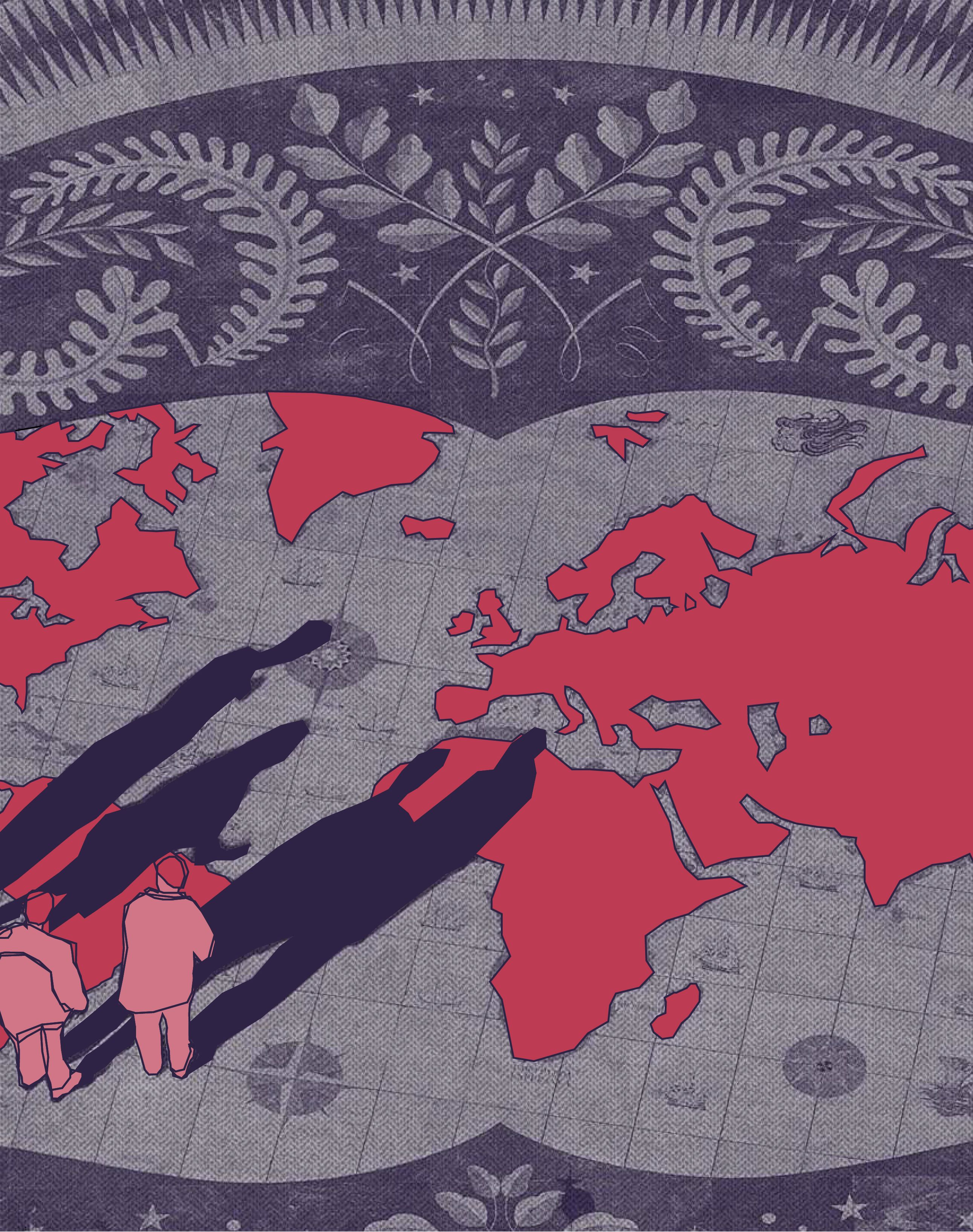
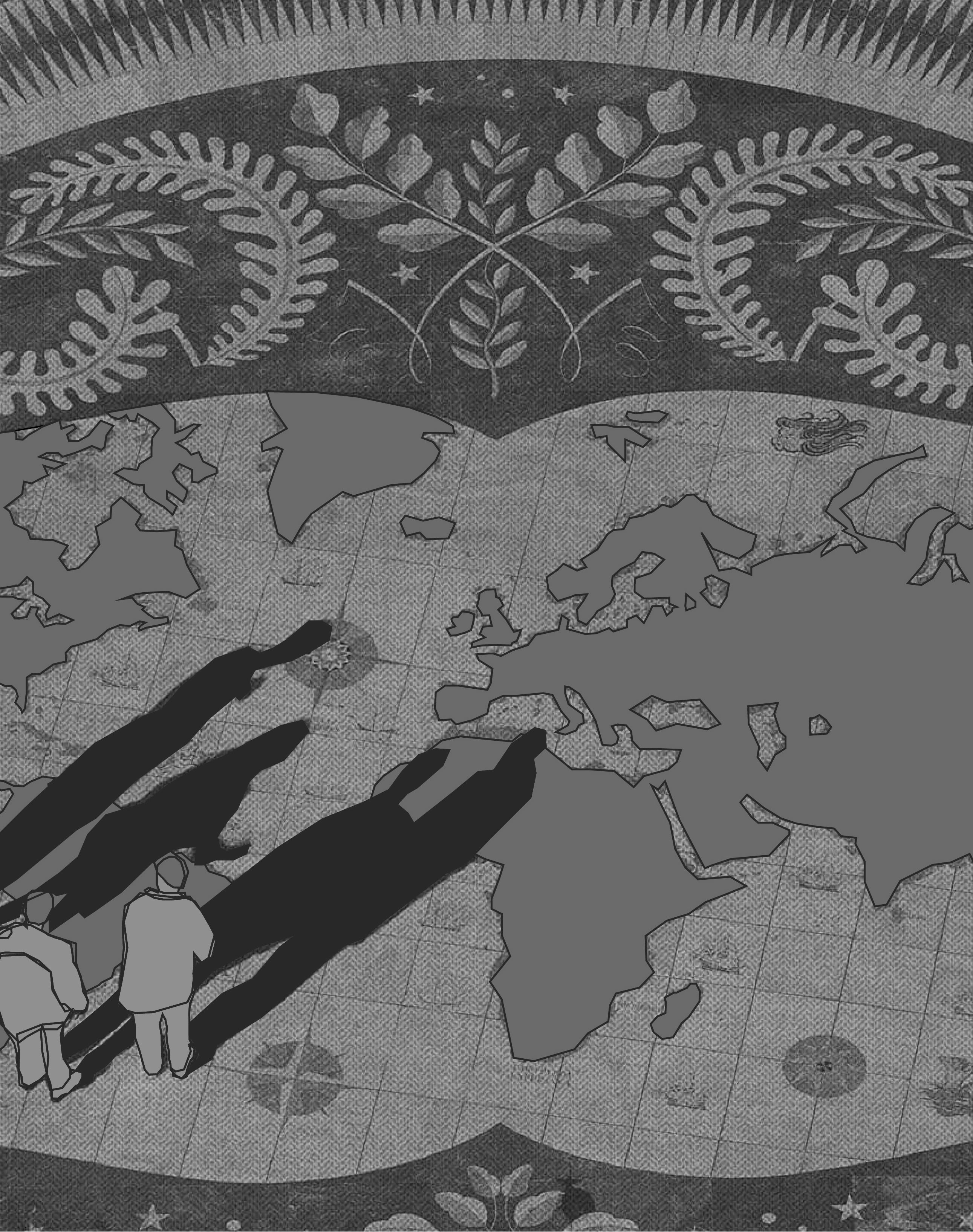
4. The Organized Crime Index: Discussing the results in the Mekong
The GI-TOC’s Global Organized Crime Index is an expert-led assessment of the scope and scale of organized crime worldwide and the efficacy of resilience efforts. This briefing discussed the findings of the 2021 Index in the region. It explored the tool’s potential to enable comparative analysis and provide metrics-based information on criminality and resilience to stimulate global discourse on organized crime and assist in developing innovative responses among policymakers, practitioners and other stakeholders in the Mekong.
Date: 1 February 2022
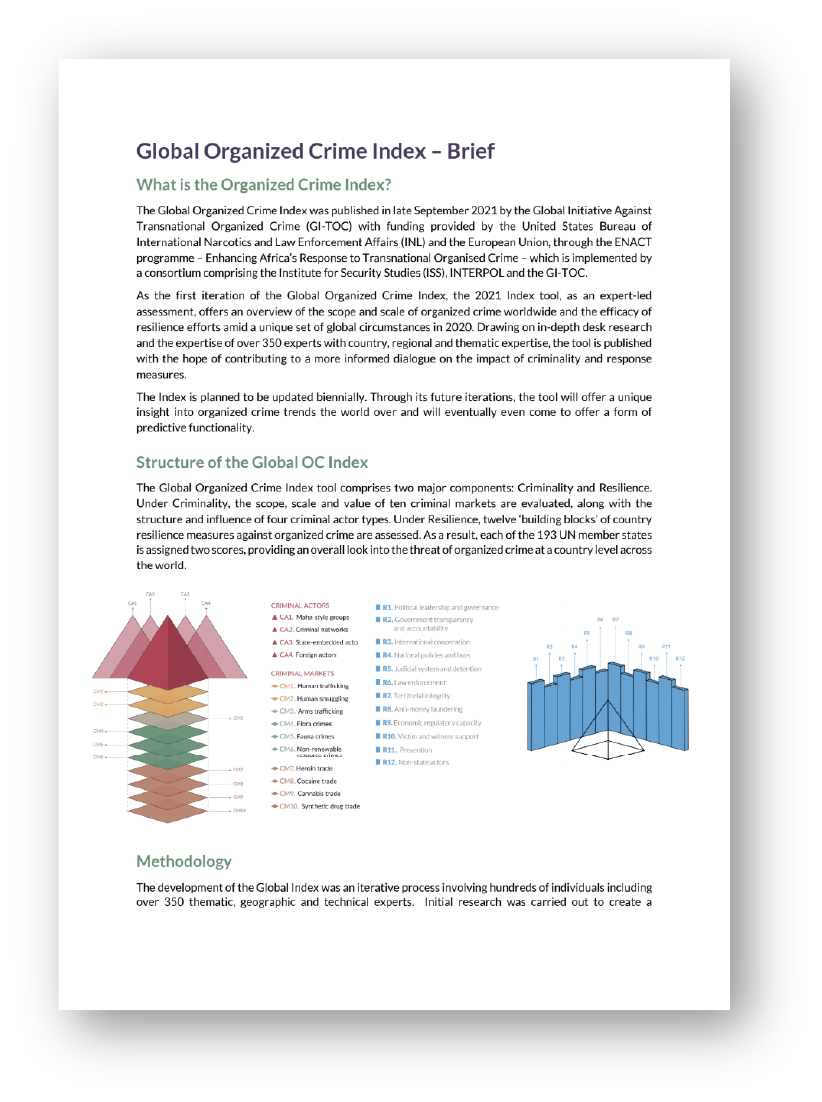
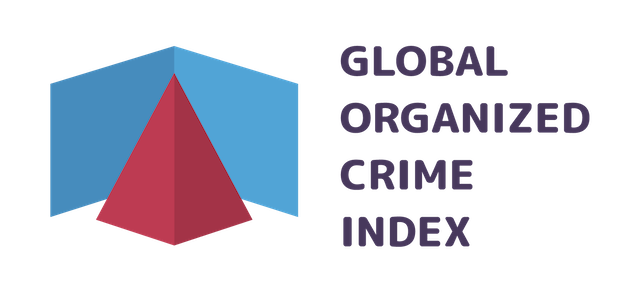
The tool allows you to compare criminal markets, actors and resilience scores of countries globally. You can also download country profiles or read up on global trends.
For more information specifically on the Mekong, see Framing the issue: Countering the synthetic-drug market in South East Asia or listen to the dedicated podcast episode on environmental crime in the Mekong.
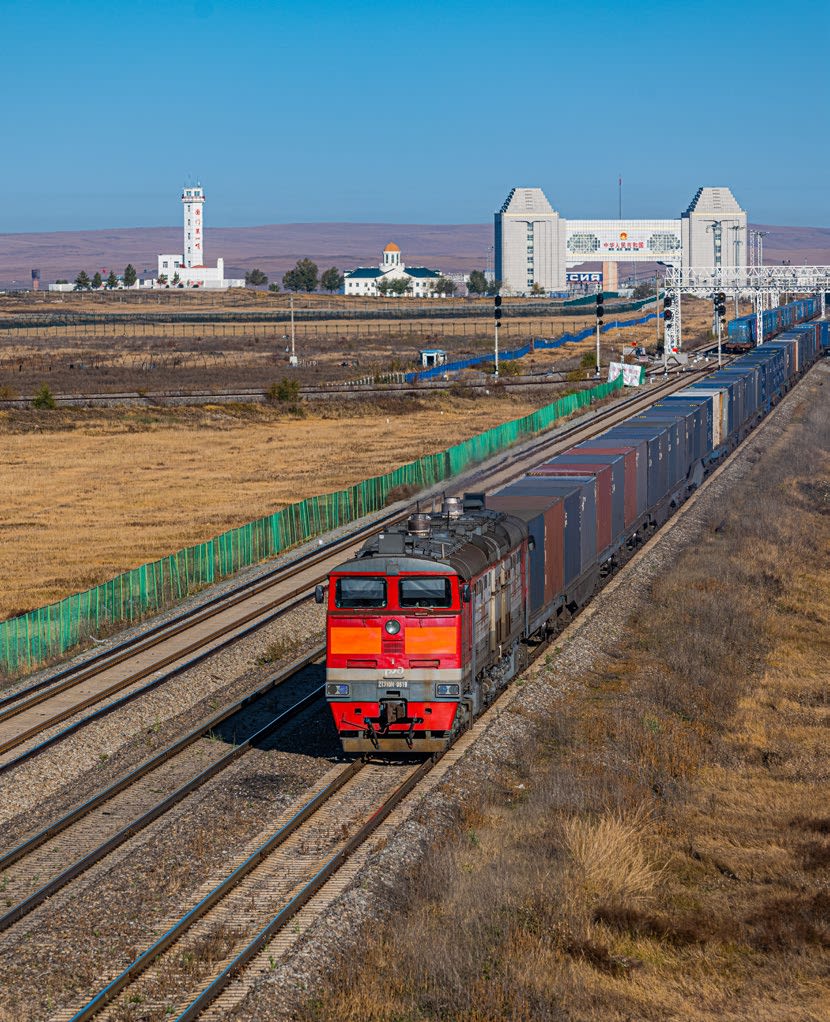
5. Development and organized crime: A sustainable alternative
This briefing looked at the nexus of organized crime and development, and discussed the importance of tackling organized crime from a development perspective, focusing on the impact of migration, drug markets and urbanization on development.
Date: 5 April 2022
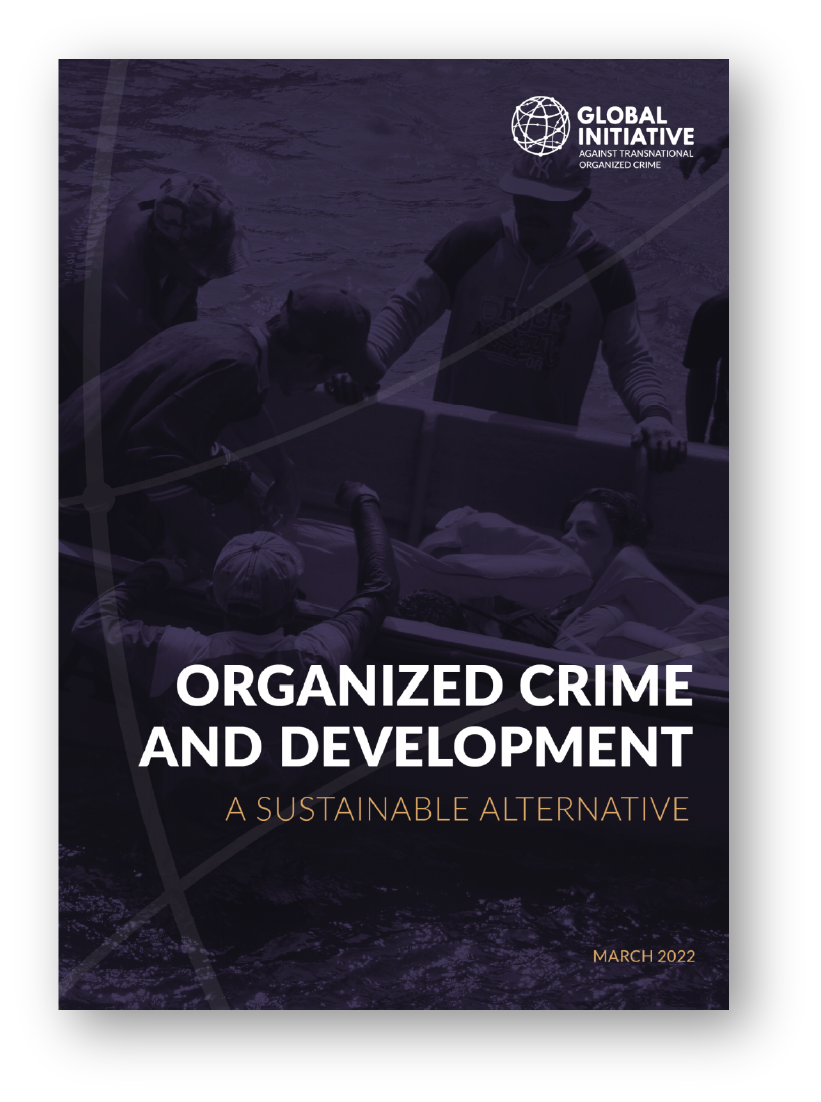
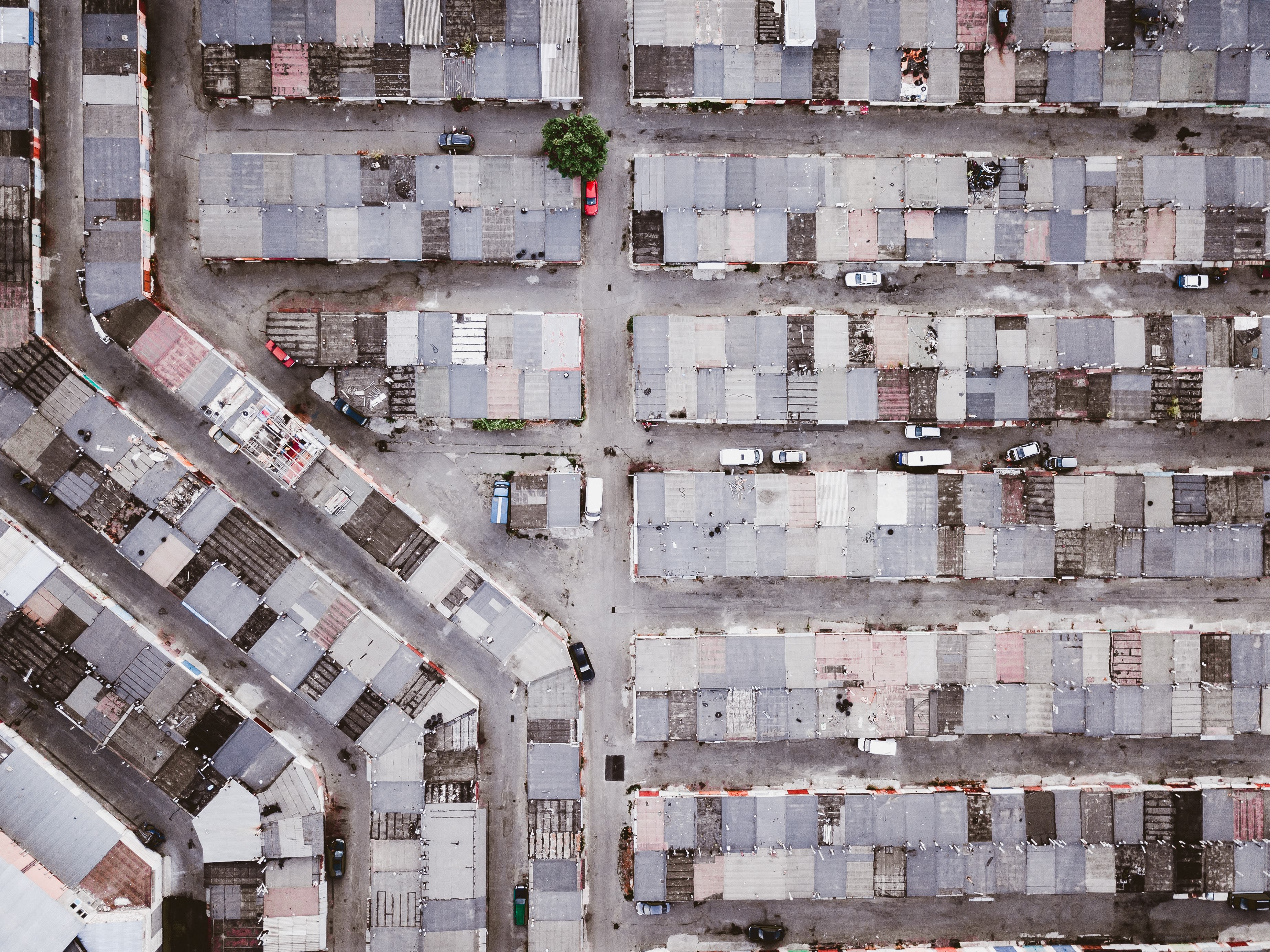
6. Taking the measure of illicit drug markets in the Mekong
The trade in heroin and synthetic drugs are two of the most prevalent and pervasive criminal markets in the Mekong. This briefing looked at the research and analytical approaches that can be used to better understand and track these complex markets, the challenges they pose and the role of civil society in enhancing knowledge across the Mekong region.
Date: 23 June 2022
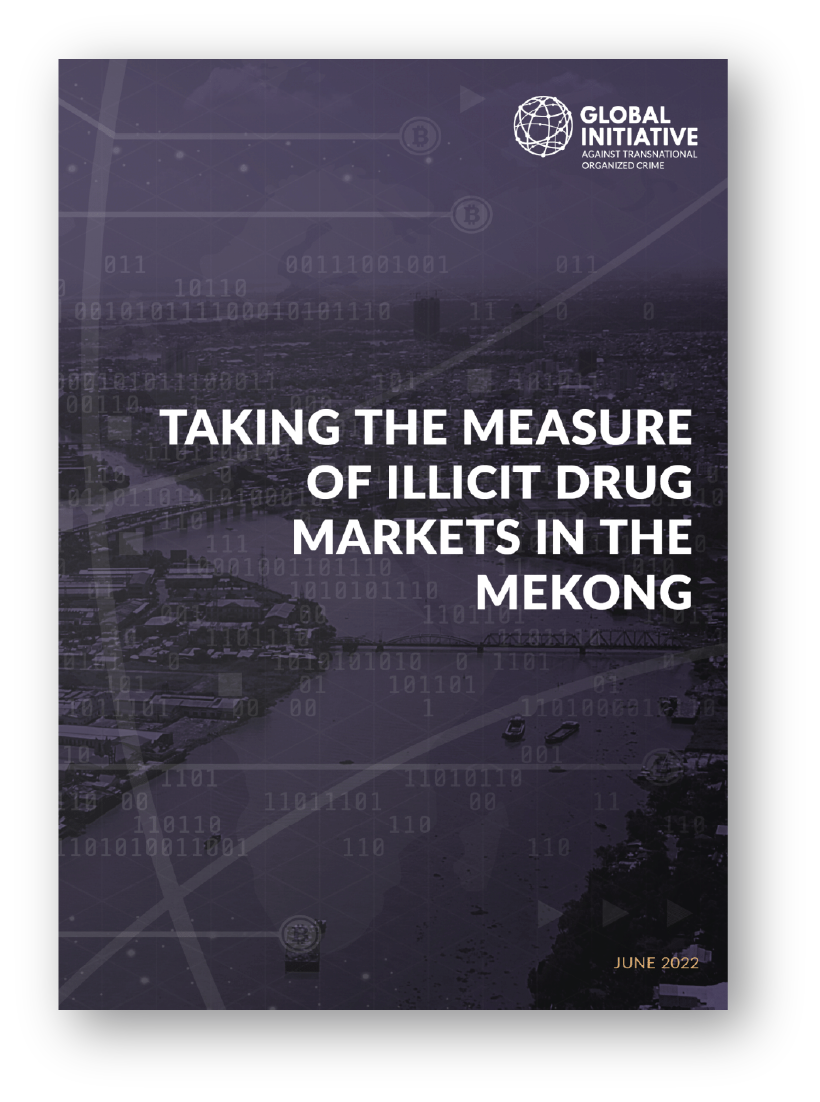


7. Social media-enabled crime in the Mekong
This briefing focused on the role of social media in organized crime dynamics and its impacts on illicit markets in the region. It examined how illicit economies linked to the illegal wildlife trade and sexual exploitation of children are growing online and how perpetrators can conduct their operations overtly without concealing their activities in the dark web.
Date: 31 January 2023
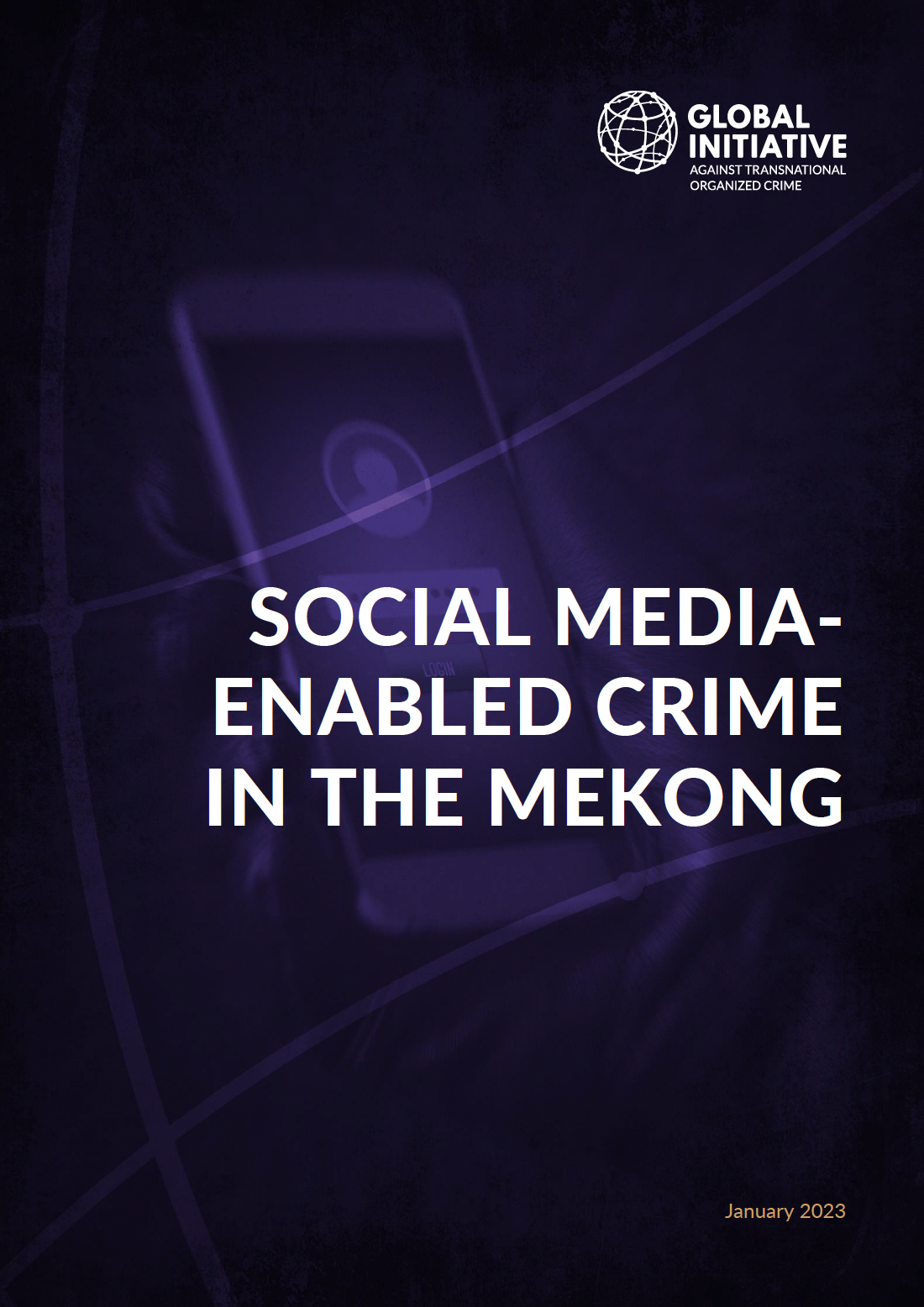
For more information on the role of online markets in the illegal wildlife trade, see the work of the GI-TOC’s Market Monitoring and Friction Unit (MMFU)
Since the beginning of the COVID-19 pandemic, so-called cyber-scam operations have proliferated across the Mekong with tens of thousands of victims reportedly being trafficked into these areas and forced to operate online scams. Many of them are recruited via social media. For more information, see
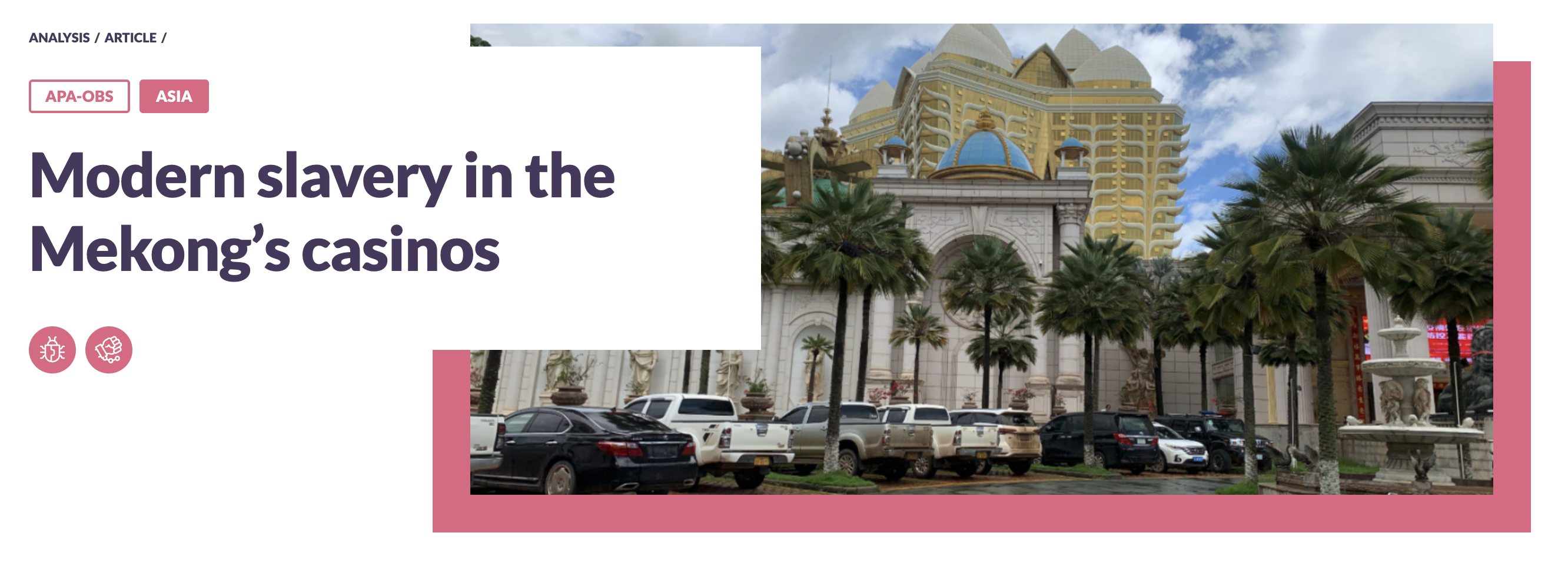
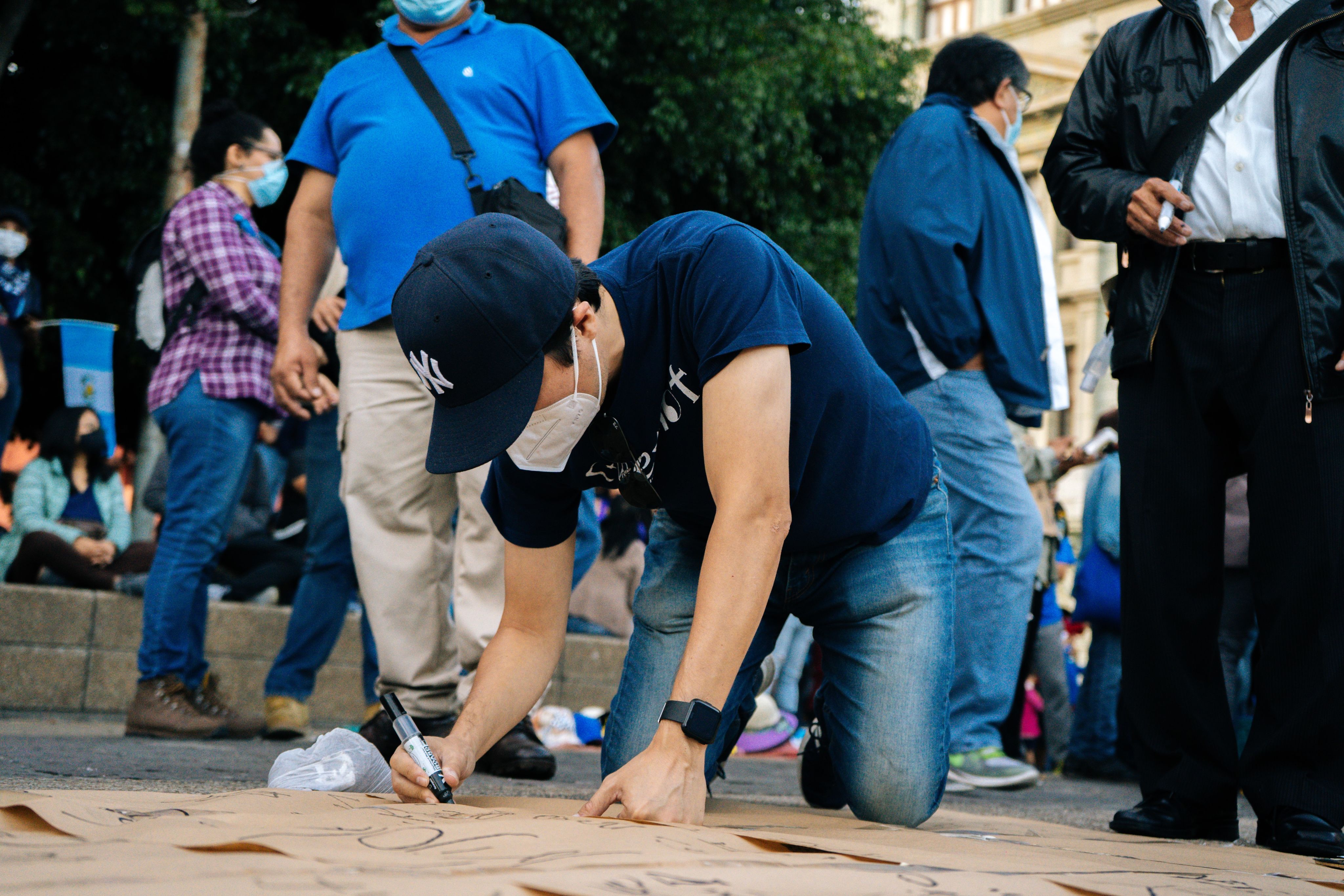
8. Responding to organized crime in the Mekong: The role of civil society
This briefing looked at the role civil society actors can play in building resilience to organized crime in the region. It offered insights into current activities undertaken by civil society actors, their challenges and their relationship with local authorities. The session also explored how civil society networks can be strengthened across the region.
Date: 5 April 2023
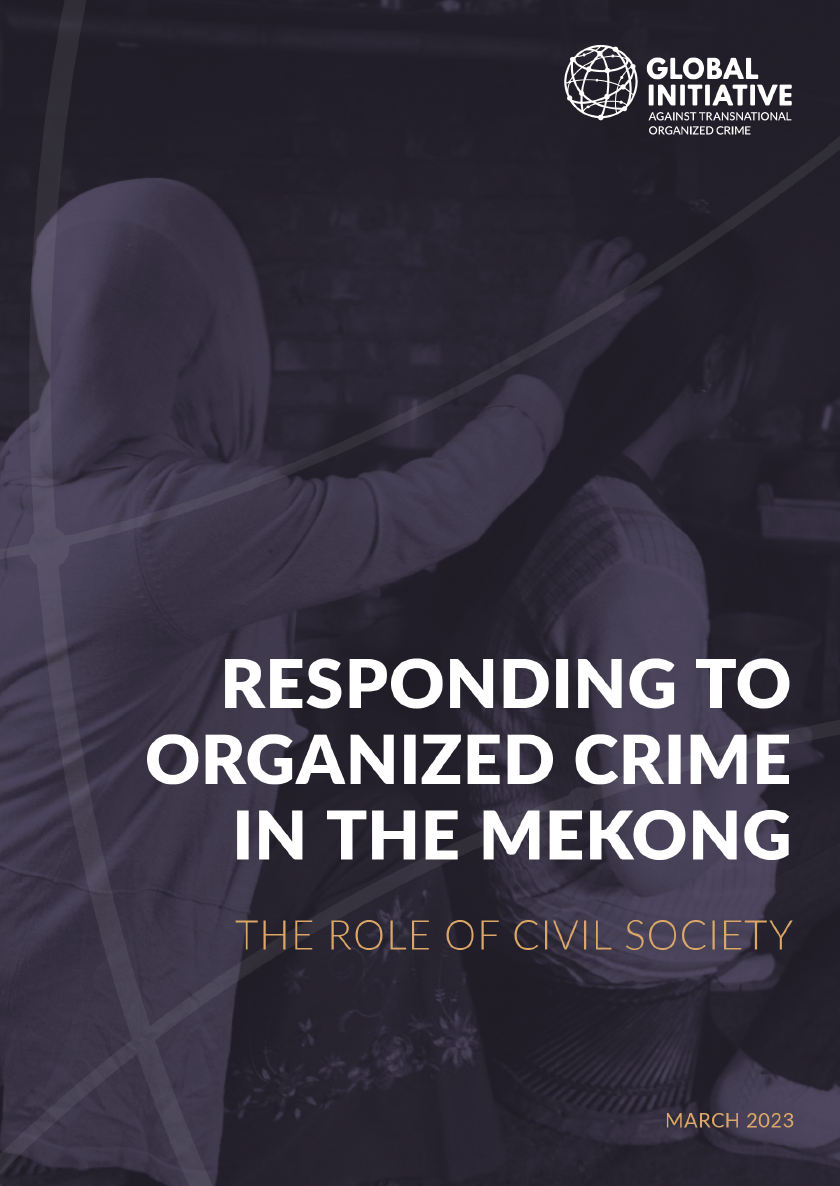
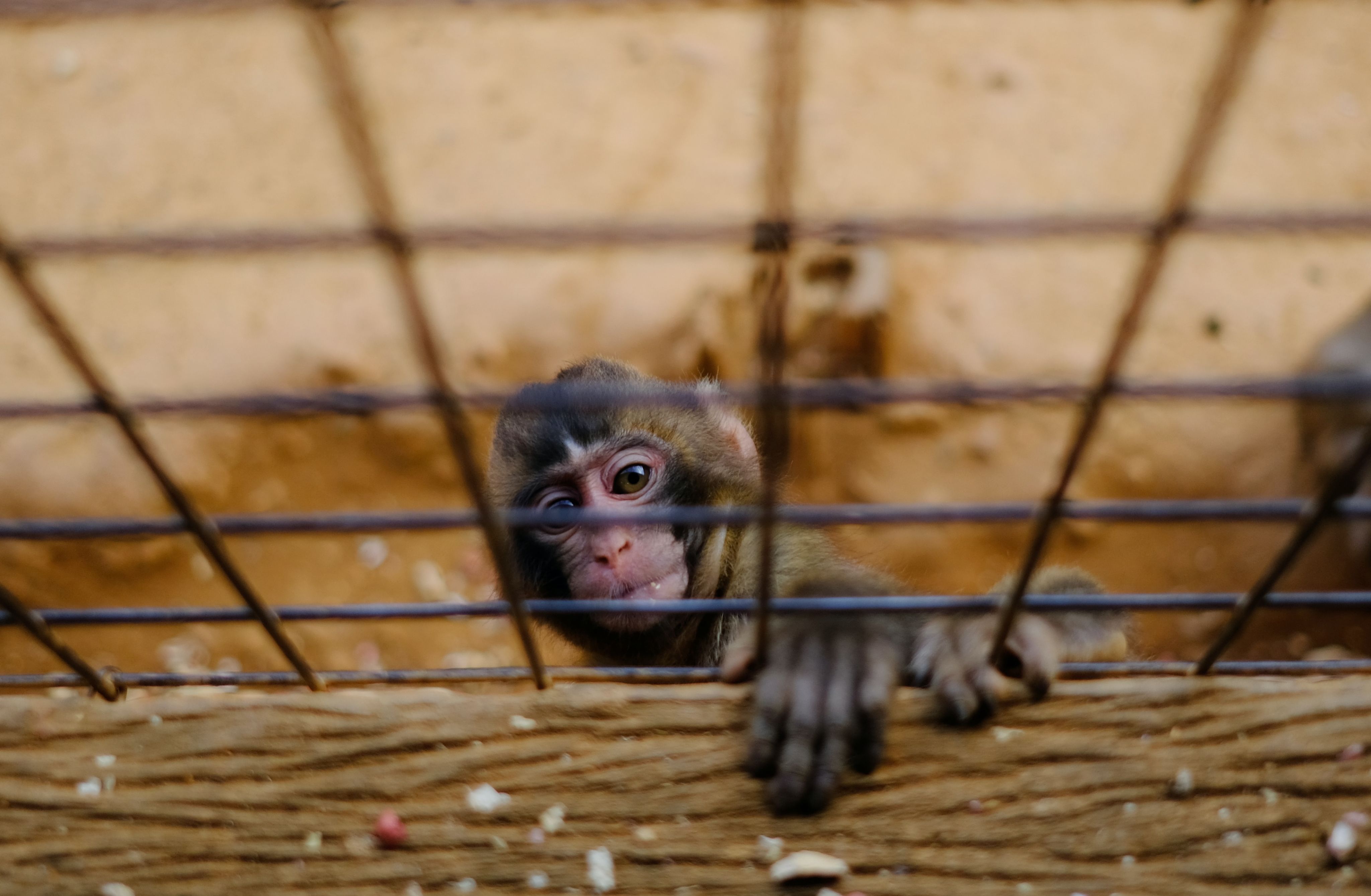
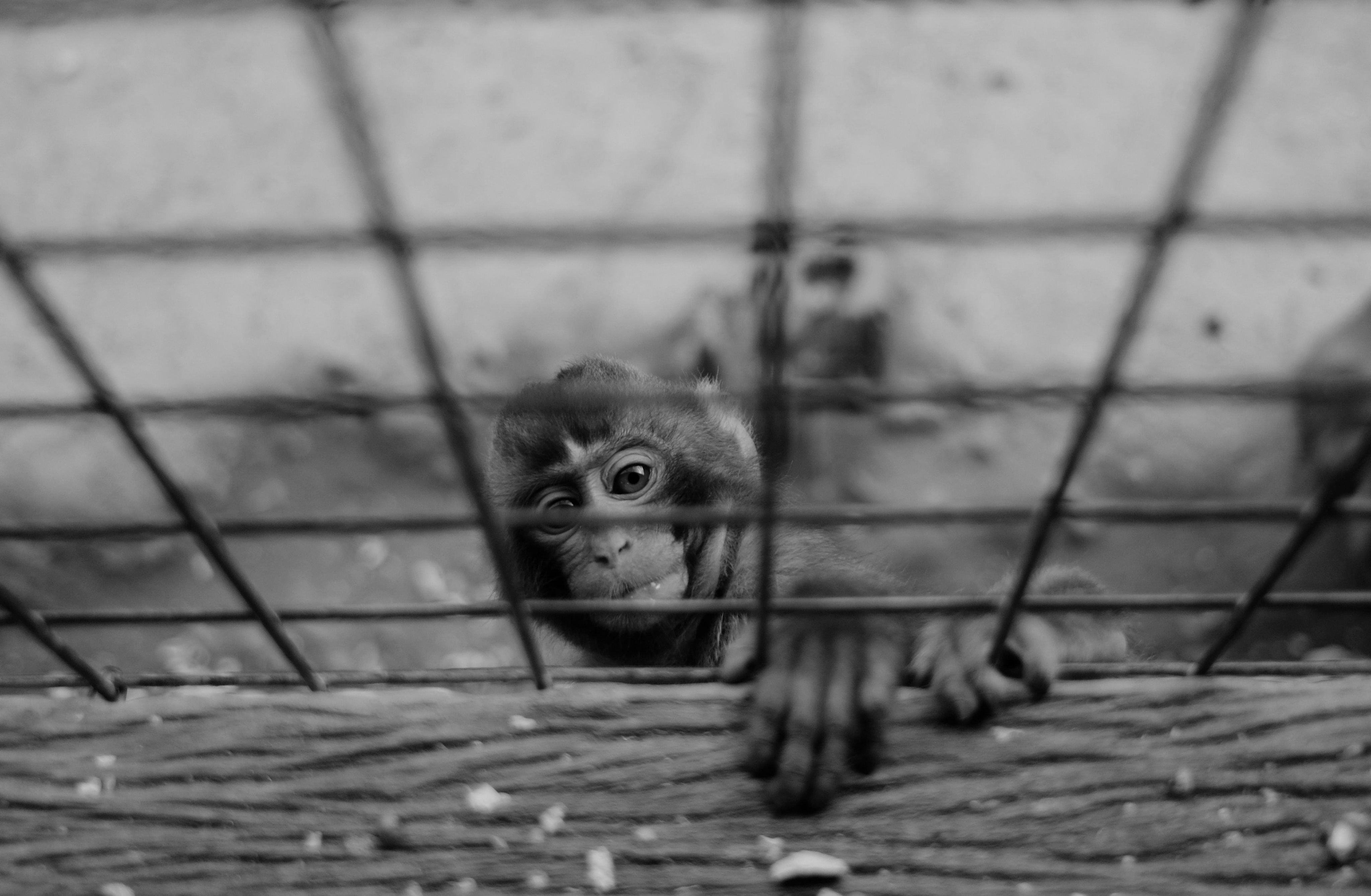
9. Guarding the gates: Wildlife crime and biological threats in the Mekong
The final briefing explored country-level perspectives and preparedness to respond to the illicit wildlife trade in the region and its link to biological threats. It discussed countries’ current biosecurity approach – the measures put in place to prevent the introduction and spread of harmful organisms such as viruses and bacteria.
Date: 13 June 2023
